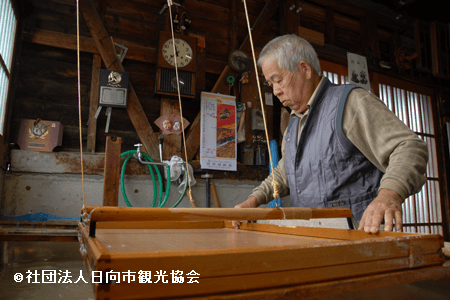-
- USA/Canada 1-800-285-2726
- Australia (02) 8006 4411

Washi is traditional Japanese paper generally made from the inner barks of kozo, mitsumata, and gampi. Kozo is the most commonly used plant when producing washi. The process to producing authentic Japanese washi paper is rather complicated. The branches of the plant must first be boiled, stripped, and then dried to clean and prepare the wood. The dried branches are then boiled with Lye, or sodium hydroxide, to remove any impurities on the fibers like fat or starch. These fibers are then bleached and beaten so the fibers can be spread out evenly onto a screen. During this process, the thickness of the washi is determined by the thickness of the washi pulp on the screen. This arduous process results in a paper that's considered tougher than ordinary paper made from wood pulp, and is commonly used for ukiyo-e (wood prints), Origami, and calligraphy (Shodo). Washi was also used to produce some everyday goods such as clothes and toys, as well as religious objects, cuisine, furniture, and even weaponry. Washi was officially recognized as a UNESCO Intangible Cultural Object in 2014.
Looking to buy Japanese washi paper during your next trip in Japan? Join Japan Deluxe Tour's best selling-line of Quilt Festival Tours in January or April to shop at traditional washi paper stores. You can also customize your vacation with our flexible and affordable range of add-on's to include a stop at a washi store during your trip!
The art of folding a piece of paper and creating different shapes.
Traditional Japanese Paper store, established in 1653 in the Nihombashi area of Tokyo
Japanese hand crafted candy art
Japanese Calligraphy is the Way of Writing.
The traditional Japanese paper fans
Ukiyo-e is a type of woodblock print and paintings of the Floating World.
Japan and Kyoto's Finest Craft Collections including Kimono & Yukata
Unique department store started as a Do It Yourself Store